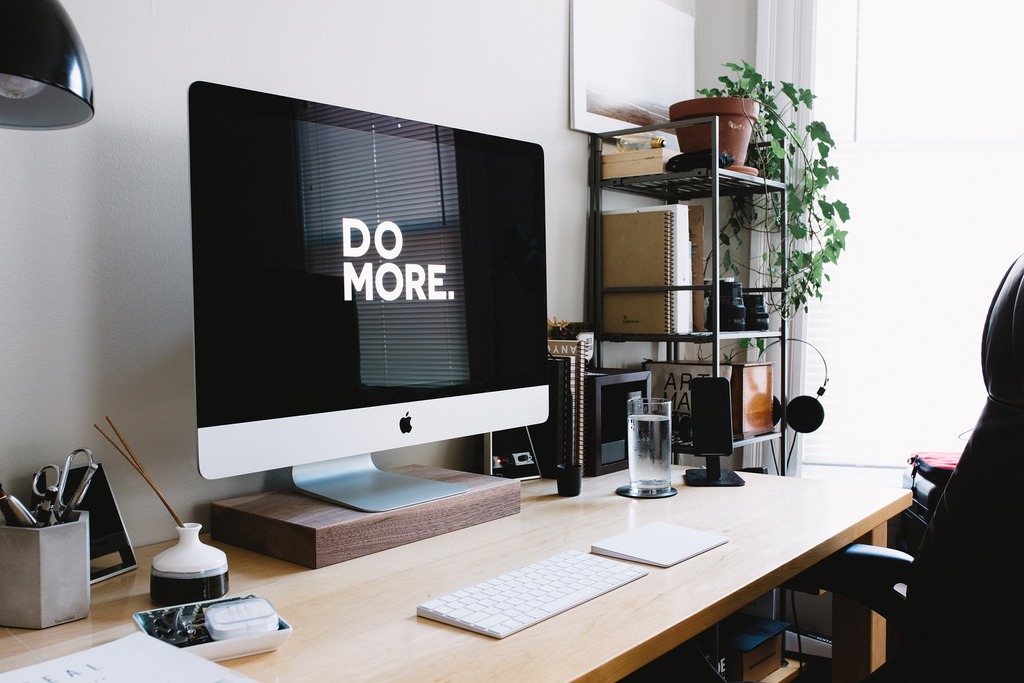80% Syndrome – Our Performance
We say we are so busy, but we have actually become less productive in the process. We have forgotten how to be fully engaged and work at full capacity.
I can hear people taking offence to this, but if you can recall the last time you were put on a stretch assignment and were amazed at how much you accomplished in a small space of time, you will know that what you do most days doesn’t match this standard. We call this ‘80% Syndrome,’ and bleeds into our personal lives as well. The irony is our reduced efficiency is the result of the very tactics we have employed to help us cope with our hectic schedules – multitasking, longer hours and less time for ourselves.
What if you could work at full intensity all the time? What if you could transfer that intensity into your personal life as well? How much more would you get out of yourself and everything you do? In my workshops and keynote speaking around Australia, I get asked about this very thing all the time.
The 100% Myth:
You hear it all the time:
“I’m flat out!”
“It’s crazy!”
“I don’t have time to scratch myself!”
We are addicted to thinking we are unbelievably busy, but the truth is that there is usually room to ramp things up. In a study of middle managers (who all said they were ‘flat out’) each participant was offered a ‘dream’ assignment. The only catch was that this assignment would take up one day a week, and now their regular job had to be completed in the remaining four days instead of five. Each and every manager accepted the assignment, with the explanation that they would work ‘smarter’. Not necessarily longer hours, but with more intensity and better focus.
And anyone who has knuckled down in the dying hours of Friday afternoon to complete a report, so that they didn’t have to work on it over the weekend, can attest that extra intensity and focus makes us way more productive.
Bad Habits:
Forget about work for a second. 80% syndrome becomes a habit in everything we do. It might start in the workplace, but it bleeds into other parts of our lives; we stop getting the most out of ourselves with respect to our families, we stop pushing ourselves in the gym, we even ‘relax’ at 80% - thinking about work while we are supposed to be on holidays or unwinding. This is because that level of effort becomes the norm for us. Our productivity suffers, and high performance becomes more like high effort.
The things that are killing our ability to work and play at full intensity are multitasking, longer hours without a break, and less time for ourselves. Despite our perception, these things make us less productive, not more.
Multitasking:
We don’t multitask, we task-switch. All the research is telling us that our brains do not process information in parallel – only in series. So we do a bit of one task, then another, then back to the first.
Multitasking increases time to complete the primary task by 50-100% and increases error rate 300-400%. Stop multitasking and re-learn to focus on one thing at a time.
Longer Hours:
We sit at our desk for hours at a time trying to get more done. Research shows that we can only operate at full intensity for ninety minutes maximum. After this, our performance begins to drop off. When we don’t take regular breaks to disengage physically and mentally, we become unproductive.
We also work late into the night and often sacrifice sleep. If you go four nights with five hours sleep or less, this translates to the same effect as staying up for 24 hours straight. The effect of this on our body is equivalent to being legally drunk, which translates into poor decision making, lateral thinking and cognitive ability.
Less Time for Ourselves:
It is entirely true that if you try to operate at 100% intensity all the time, you will burn out. And then you are no good to anyone, let alone your family and yourself.
The key is to intersperse bouts of 100% concentration and intensity with bouts of recovery. This is how athletes are able to do this on a consistent basis – the same is true for our performance in life. What does this look like?
Every 90 minutes you need to ‘recover’ for 5-10 minutes (read your favourite website; get up and walk around)
Every day, you need to ‘recover’ for 15 minutes (listen to relaxing music; go for a slow walk; read a book – not work-related)
Every week, you need to recover for 30-60 minutes (get a massage; see a movie)
These breaks tell us work-life balance is key to total performance.
** Tony Wilson is a Workplace Performance Expert. His insights into performance science and it's application in the workplace will make you re-think the way that you approach leadership, culture change, high performance and productivity. Tony has an MBA and a BSc majoring in physiology and delivers workshops and keynote presentations around the globe.
